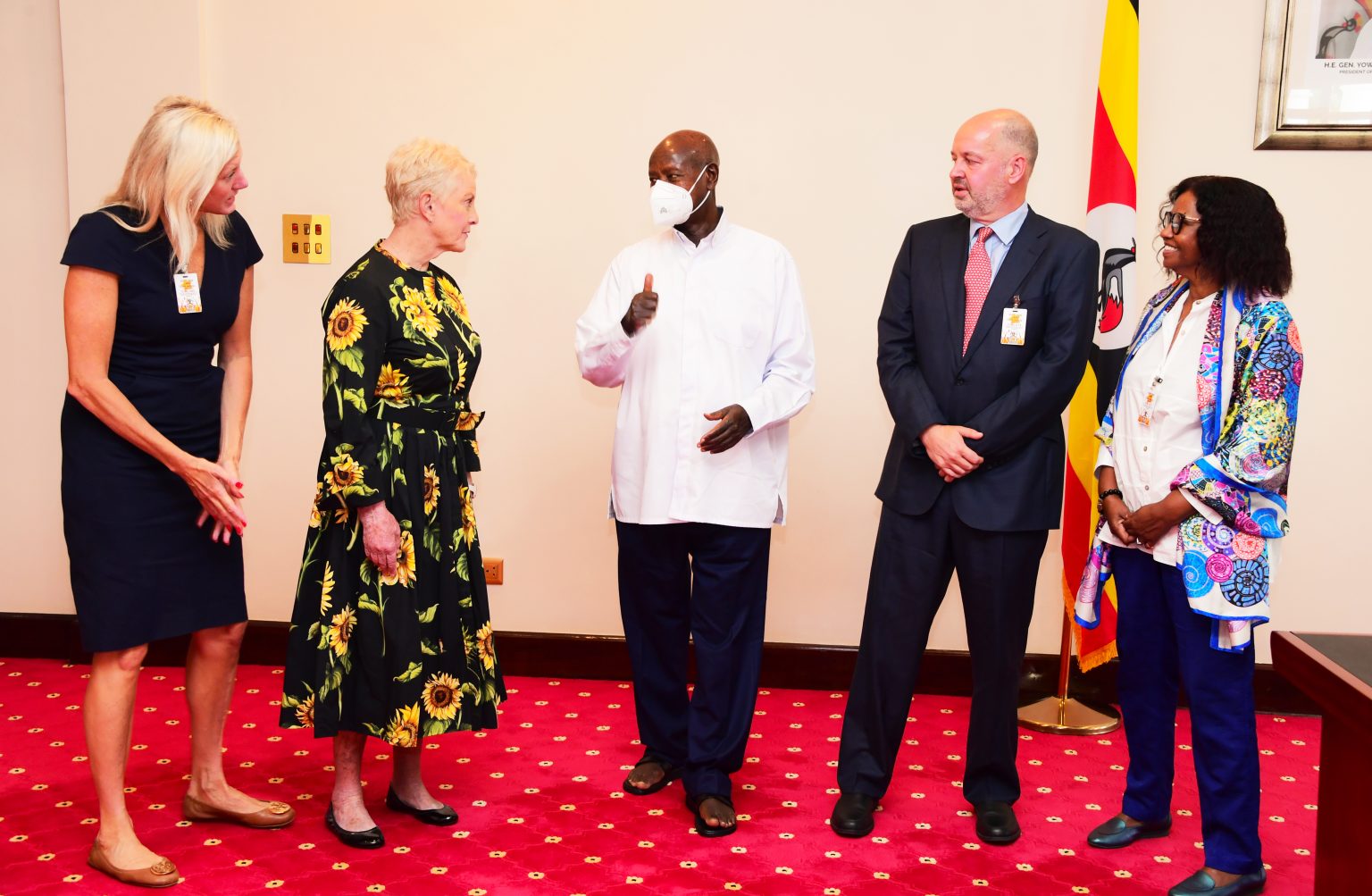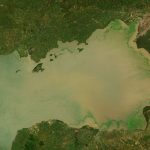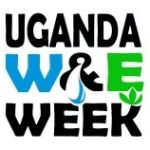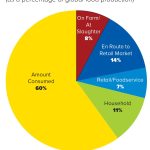
MUSEVENI BACKS FARMING TO SUPPORT REFUGEES
EcoNews | 13 April 2025 | Entebbe, Uganda
In a significant development for refugee support in Uganda, President Yoweri Kaguta Museveni has urged a national shift from short-term humanitarian aid to sustainable agriculture as the foundation for refugee resilience. The call came during a high-level meeting with officials from the United Nations World Food Programme (WFP) at State House, Entebbe.
The visit by WFP’s top leadership, including Executive Director Cindy McCain, signals growing global interest in Uganda’s progressive refugee policies and the country’s potential to become a model for sustainable refugee hosting. As the world faces rising displacement and funding challenges, Uganda’s strategy of land-based empowerment has captured international attention.
“We’ve welcomed our brothers and sisters in need. Now we must help them stand on their own, grow food, and become part of the economy,” President Museveni said.
Uganda currently hosts more than 1.8 million refugees, primarily from South Sudan, the Democratic Republic of Congo, and Burundi. President Museveni emphasized that current refugee settlements are often spread out in a way that makes large-scale farming difficult. He proposed that settlements be reorganized into compact, village-style communities to free up more land for agriculture.
“We need better planning. With structured communities, we can farm collectively, feed ourselves, and even generate income,” he said.
The President cited Nakivale Refugee Settlement, which covers 71 square miles, as an example of land that could be transformed into productive farmland supporting both refugees and host communities.
WFP Executive Director Cindy McCain praised Uganda’s leadership and reaffirmed WFP’s commitment to development-based refugee support. She noted that Uganda’s fertile land presents real opportunities for sustainable food production and community empowerment.
“Uganda is showing the world that it’s possible to host refugees with dignity while preparing them for long-term independence,” Ms. McCain said.
She added that the WFP will champion Uganda’s approach among both large and small donors, urging a shift in global funding toward long-term agricultural solutions.
WFP’s Country Director Marcus Prior also highlighted Uganda’s strong collaboration with humanitarian agencies, especially through the Office of the Prime Minister led by Hon. Eng. Hilary Onek. He commended the efficiency of WFP’s operations and the innovative steps taken to stretch limited resources.
“We’re working to ensure refugees not only survive but thrive. Uganda’s policy is one of the boldest and most humane in the world,” Mr. Prior said.
Other WFP officials in attendance included Deputy Regional Director Rukia Yacoub, Chief of Staff Meghan Latcovich, and senior advisors Alessandro Ceretti and Julian Civiero from the Executive Director’s Office.
With climate change, conflict, and funding shortages putting pressure on humanitarian systems globally, Uganda’s model offers a path forward rooted in resilience, productivity, and dignity.



